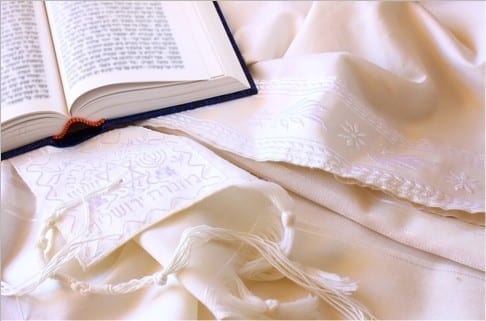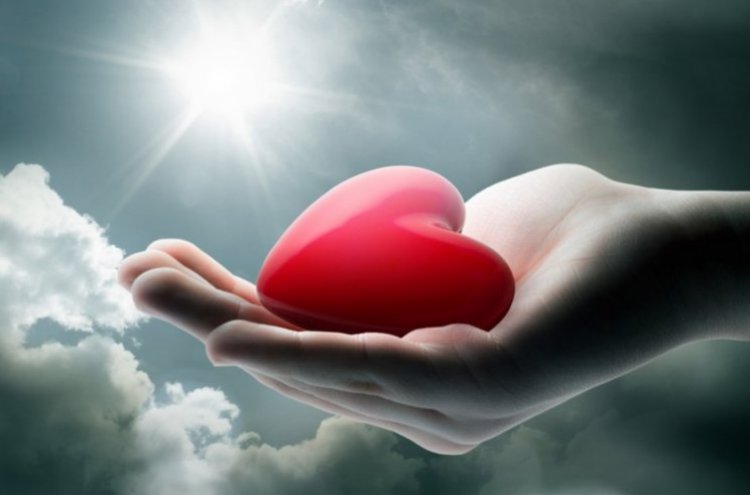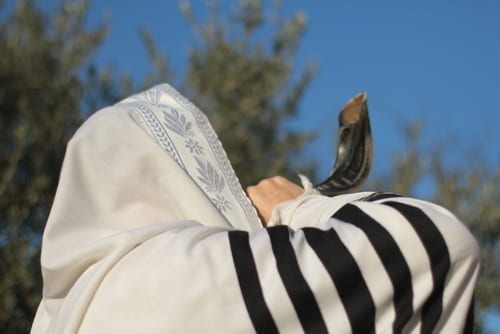- The minhag is to do Kapparos for each member of the family, including children and even for an expectant mother’s as yet unborn child, before Yom Kippur. Some have the custom to use money for the Kapparos (waving the money around their head), and that money is afterwards given as Tzedaka to the poor.
- It is a mitzvah to go to the mikveh on Erev Yom Kippur before Minchah.
- Erev Yom Kippur is considered a Yom Tov on which one should wear Shabbos clothes. It is a mitzvah to eat on this day, and the custom (both for men and women, and even for one who is not planning to fast on Yom Kipuur because of illness and the like) is to eat two bread meals, one in the morning and one in the afternoon. Chazal say that if someone ate on this day the Torah considers it as if he fasted on both the 9th and the 10th of Tishrei!
- The Torah requires us to add some time on to Yom Kippur – תוספת יום כיפורים. Therefore, since sunset (שקיעה) is at 18:35 we are allowed to eat and drink only until 18:21. At that time we must also take off our leather shoes.
- Men should put on a Tallis before sunset and make a brachah on it.
- Women make two brachos on the Yom Tov candles: להדליק נר יום הכיפורים and שהחיינו. Each household should light a candle called נר החיים which will keep burning until after Yom Kippur. From this candle one should then take a flame for Havdalah in order to say בורא מאורי האש after the fast.
- Chazal listed five forms of affliction which we are required to undergo on Yom Kippur:
1) Not eating or drinking
2) Not washing for pleasure
3) Not rubbing oils and the like on ourselves
4) Not wearing leather shoes
5) Not engaging in marital relations. One is also required to keep all the regular harchakos (such as separating the beds and not touching) as per the regular Niddah laws.
- When bowing during Mussaf (at והכהנים) one must place a towel or similar on the floor to separate between himself and the floor.
- After the fast Havdalah should be made over a cup of wine or grape juice, but we do not take spices, and בורא מאורי האש should be said specifically over a flame that was lit before Yom Kippur (such as the נר החיים mentioned above).
Tags
Jewish Law Yom Kippur0 19 2 minutes read





